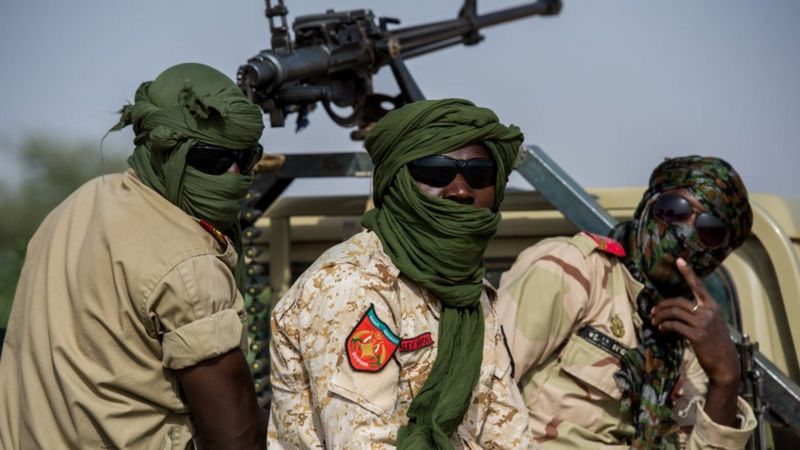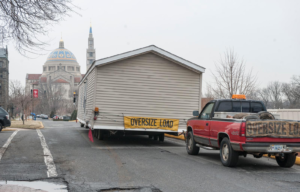Coups in Africa Spark Fears of Further Unrest

Image Courtesy of BBC
By Emmett Dowdal-Osborn
The recent overthrow of the governments in Niger and Gabon has renewed fears that violent takeovers could spread across the continent. The Sahel, a belt of semiarid land stretching from Senegal to Sudan, has become the leading flashpoint in Islamic militant violence, as indicated by the Global Terrorism Index. The insurrections in both countries highlight the fragility of democratic states in Africa and the potential for further violence.
The number of coups in Africa has surged in recent times, with nine governments being displaced in the last three years. Among these are Niger and Gabon, two countries with striking similarities but noticeable differences. On July 26, officials across all branches of Niger’s military announced the removal of Mohamed Bazoum as president and the seizure of power. Just five weeks later, military officers in Gabon deposed the recently-elected Ali Bongo Ondimba from office and installed his former head of security as president. President Bongo was initially prevented from leaving his residence but was granted permission to leave the country to seek medical attention.
The cases of Niger and Gabon share common similarities with many of the coups seen across the region in the last several years, as well as important differences. Both countries are weak states, with an impoverished population disgruntled at political leadership. Gabon has a stunning youth unemployment rate; according to the World Bank, almost forty percent of its population between the ages of 15-24 is jobless. The average woman in Niger gives birth to seven children, more than double the global average, creating a burgeoning youth population prone to influence from militant groups. Both former presidents were reliable allies of the West; President Bongo frequently cooperated with Western scientists to preserve forests in his country, while President Bazoum welcomed hundreds of millions of dollars in military aid to fight Islamic militancy.
An undercurrent of anti-Western rhetoric prevails across many of the continent’s coups. Much of this rhetoric is directed against France, the former colonizer of Niger and Gabon. French armed forces have kept a steady presence in the region to disarm Islamic terrorists. Demonstrations in Niger quickly broke out following the coup, calling for the removal of French military forces and the ambassador. “they plundered our resources and we became aware. So they’re going to get out,” said demonstrator Yacouba Issoufou. Russian President Vladimir Putin has done his part to fan the flames of this rhetoric, denouncing the “neocolonialism” of Western powers at an economic forum earlier this year. Russian flags were waved in Niamey, the capital of Niger, in the aftermath of the overthrow. The Russian mercenary group Wagner has supplied security to government officials for several African countries, raising the possibility of further influence in the region.
There are notable differences in the contexts of each overthrow, shedding light on some of the reasons why such seizures take place. While Niger’s Bazoum was a democratically elected president, President Bongo comes from a political dynasty criticized for rigging elections. The fact that military officers allowed him to leave the country suggests he is not seen as a threat, compared to Bazoum who is still being detained. Conspirators in Niger highlighted security concerns among their reasons for taking control. In Gabon, the overthrow stems from a lack of confidence in electoral integrity, owing to how familia ties have kept President Bongo in power.
Policymakers in Washington and across the world are left fearful that the succession of overthrows could mean a reduced ability to counter Islamic violence in the region. The Sahel region has established itself as a hotspot for violent activity perpetrated by Islamic militant groups. With over one thousand U.S. troops and two drone bases stationed in Niger, a new regime based on hostility to an American ally puts the ability to combat extremist violence at severe risk. While Gabon is located outside the Sahel, its more recent overthrow becomes the latest case in the contagious spread of insurrection afflicting a region already filled with conflict.






